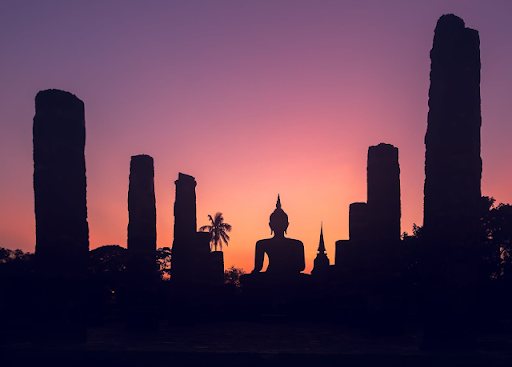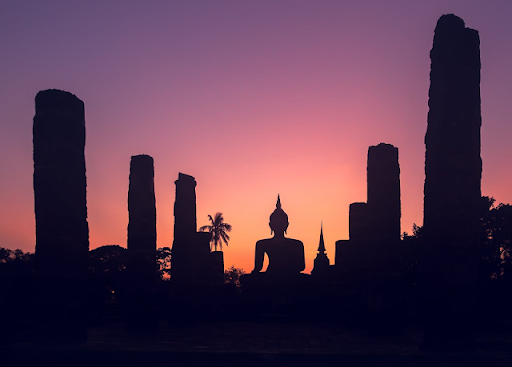The following excerpt is taken from Springer Link . It provides a brief description of the Buddha's, and by extension Buddhism's, view on politics. The historical Buddha's view on social, political, and economic philosophy was quite liberal, rational, and humanistic, as well as democratic. It would be a very effective model on which to build international harmony and peace. Hope springs eternal. Buddha on Politics 1 Early Buddhist literature 2 addresses several political, economic, and international issues. While the primary purpose of Buddha’s teachings is the liberation of individuals from pervasive suffering, his teachings also acknowledge the interdependence of the individual with society, polity, and economy. Buddha’s teachings sought to mediate these relationships constructively. Although largely unknown in the West, Buddha was an original and important social, political, and economic philosopher, and a rationalistic, humanistic, and democratic one at t...











